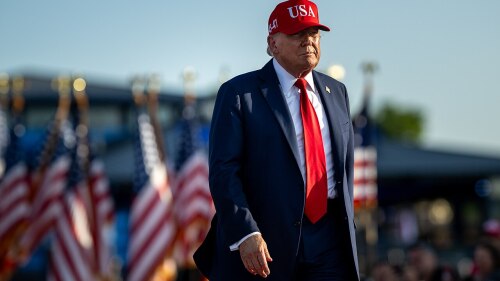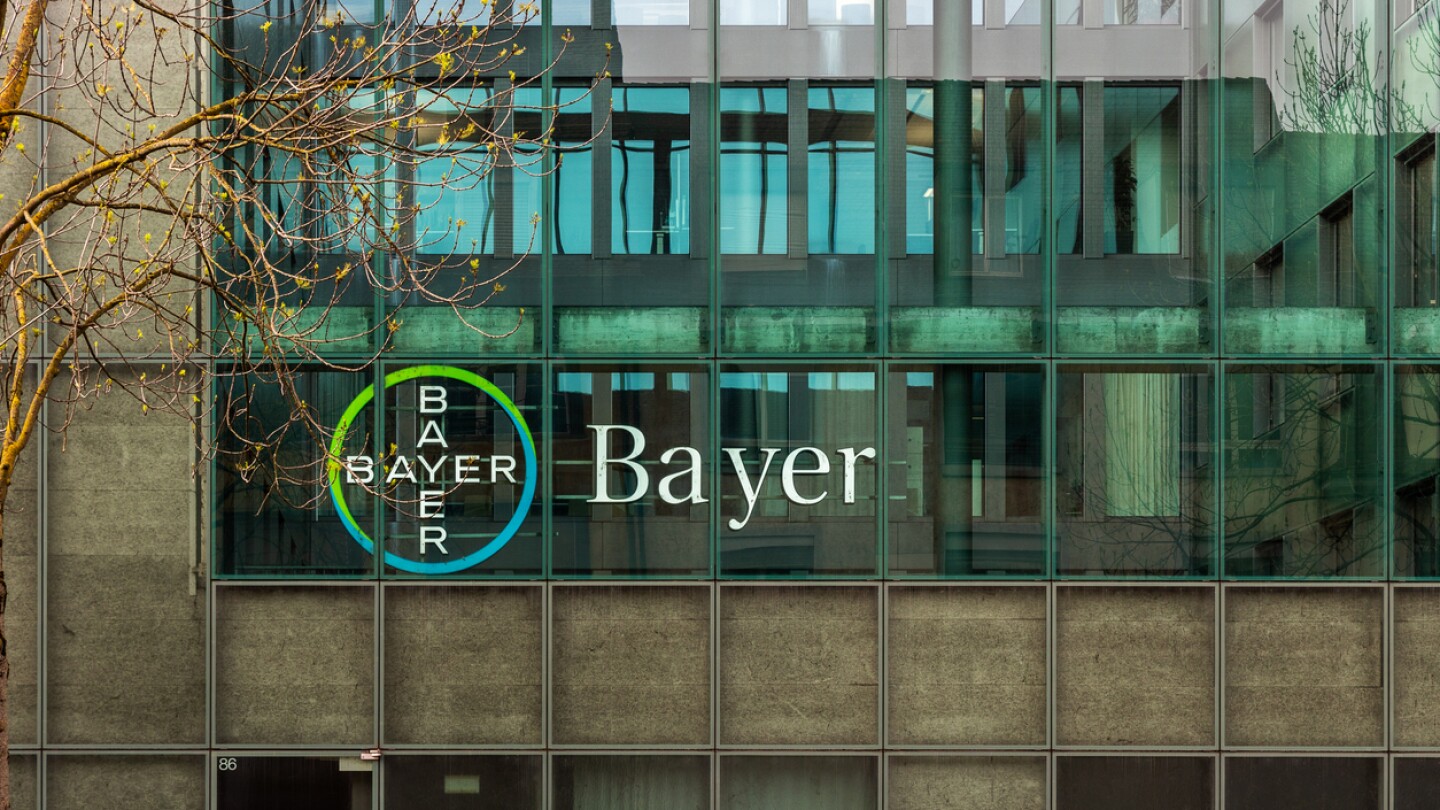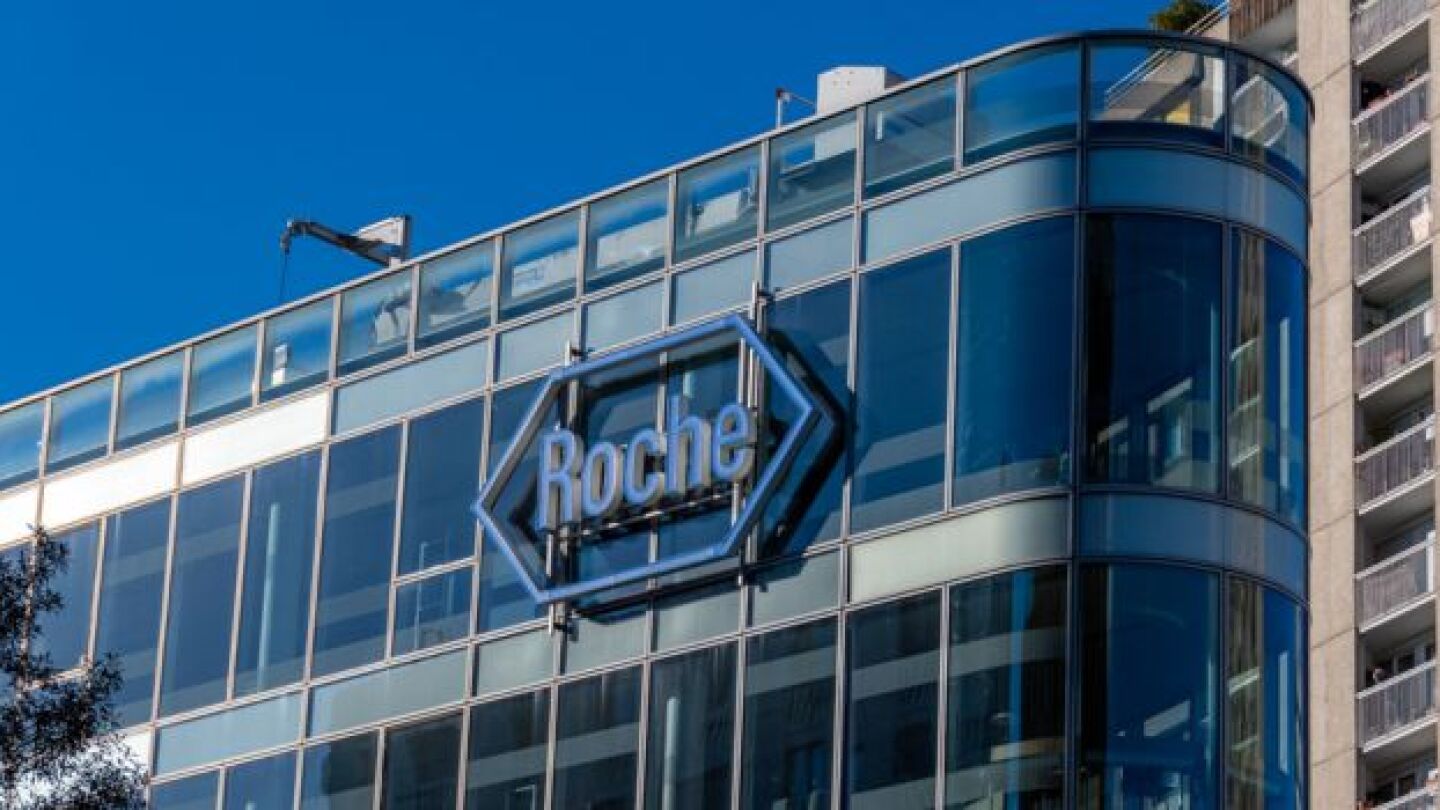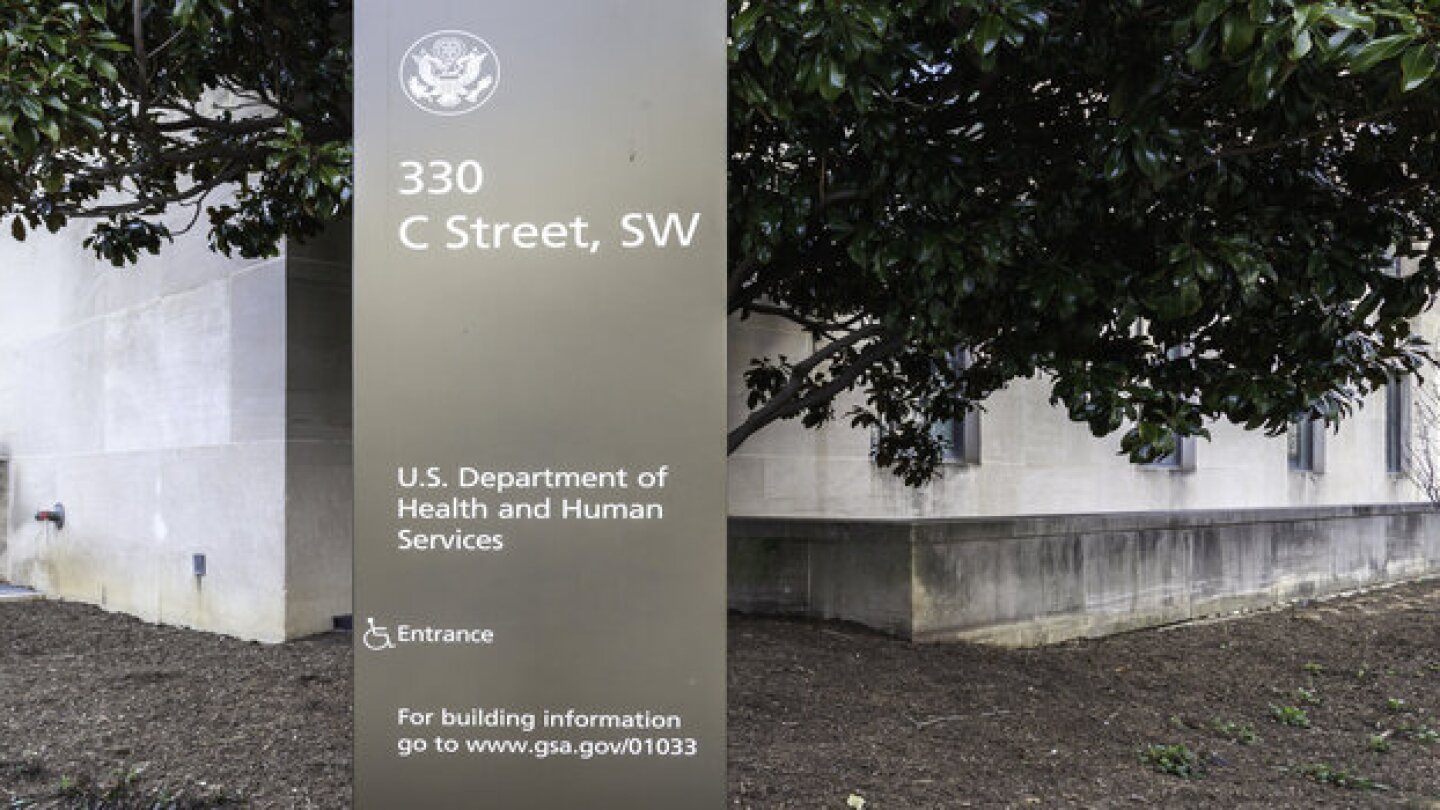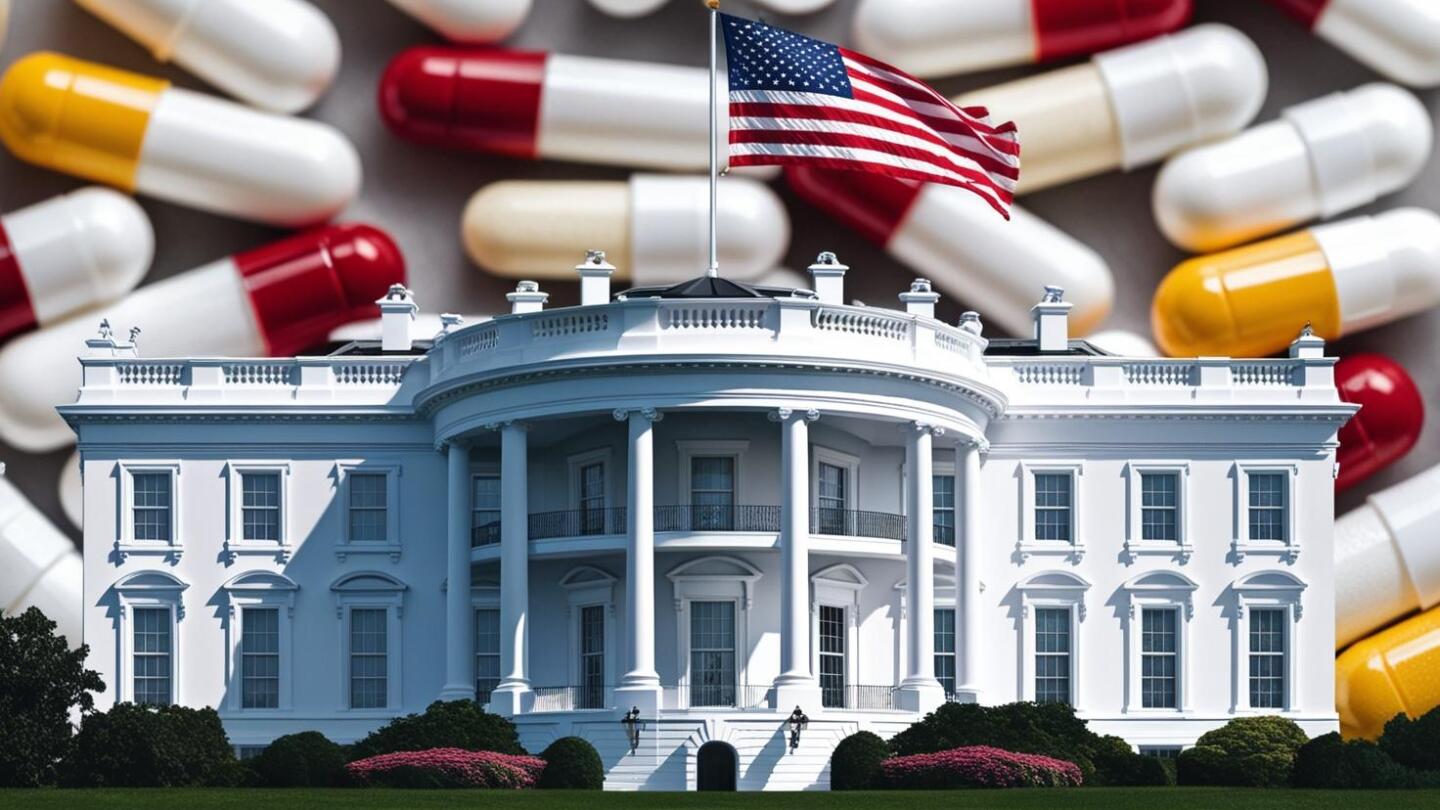News
The high court’s order blocks a May decision by a California court that temporarily blocked the efforts of Health Secretary Robert F. Kennedy Jr. to drastically reduce the size of his agency’s workforce.
FEATURED STORIES
BioSpace recaps 2024’s top venture capital rounds in biopharma, from Xaira Therapeutics’ blockbuster $1B raise to back-to-back series from obesity-focused Metsera that totaled more than $500M in a space that has garnered more than a fivefold increase in VC dollars this year.
J.P. Morgan kicked off with a flurry of deals, with Eli Lilly, GSK and Gilead all announcing deals potentially worth more than $1 billion while J&J committed $14.6 billion to buy Intra-Cellular. These moves have reinvigorated sentiment across the biopharma industry.
An FDA committee’s September 2024 vote to limit the use of Merck’s Keytruda and BMS’ Opdivo in stomach and esophageal cancers based on PD-L1 expression levels reflects an emerging trend that leverages ever-maturing datasets.
Job Trends
Fate Therapeutics, Inc. announced that the Company granted a non-qualified stock option to one newly-hired employee to purchase a total of 350,000 shares of the Company’s common stock at an exercise price per share of $2.28, which was the closing price per share of the Company’s common stock as reported by NASDAQ on the grant effective date of December 11, 2023.
FROM OUR EDITORS
Read our takes on the biggest stories happening in the industry.
Following restricted vaccine approvals and changes to CDC immunization schedules, Merck, Pfizer, GSK and Sanofi are all suffering revenue hits to their vaccine programs.
THE LATEST
Meanwhile, Bayer CEO Bill Anderson said Donald Trump’s Most Favored Nations policy could present an opportunity for European countries to make sure they are also funding their “fair share” of biopharma innovation.
The commitment is part of Roche’s recently announced $50 billion investment in the U.S., but a company spokesperson said that could change if certain yet-unspecified policies are implemented that could “harm our industry’s ability to operate and innovate in America.”
The third cycle of the drug price negotiations will involve drugs under Medicare Part B. New prices are set to take effect in 2028.
The Most Favored Nation directive would allow drugmakers to directly sell their products to patients at a lower cost, cutting out what President Donald Trump called “the middlemen.”
Azafaros will use the Series B haul to push lead asset nizubaglustat into late-stage studies for Niemann-Pick disease Type C and GM1/GM2 gangliosidoses later this year.
While industry groups decried the Trump administration’s new drug pricing order, analysts say it lacked details and the teeth to make a major impact without an act of Congress.
Lexeo wants to more quickly move investigational gene therapy LX2006 into a registrational study and hopes for a potential efficacy readout in 2027.
The package revives President Donald Trump’s much-maligned Most Favored Nation rule but goes further into the private markets and beyond, leveraging the patent system, drug importation and more.
In addition to eliciting greater weight loss than Novo Nordisk’s Wegovy, Eli Lilly’s Zepbound does not come at the expense of safety, according to newly released comprehensive tolerability data—findings that Leerink analysts say confirm the GLP-1 drug’s edge in the closely watched market race.
Last month, Roche committed $50 billion in U.S. manufacturing funds, with which it will construct at least four new facilities.


